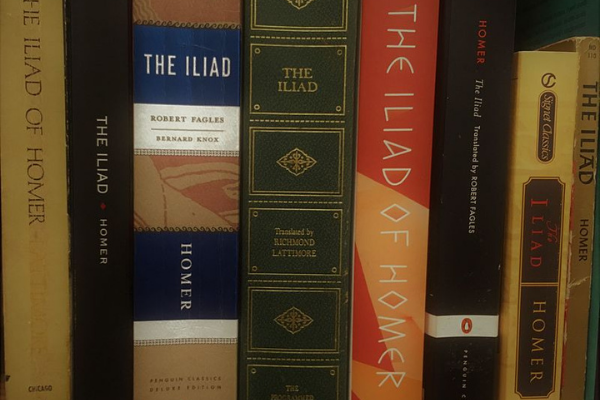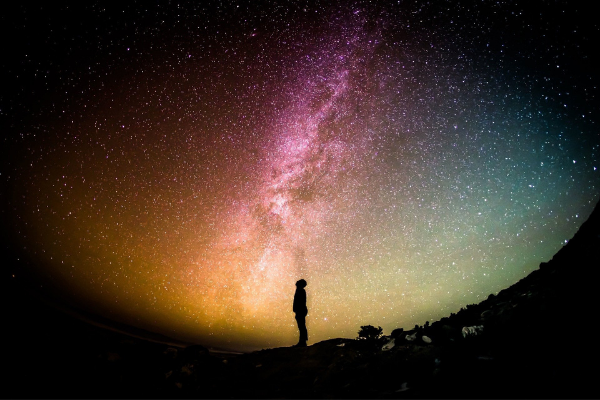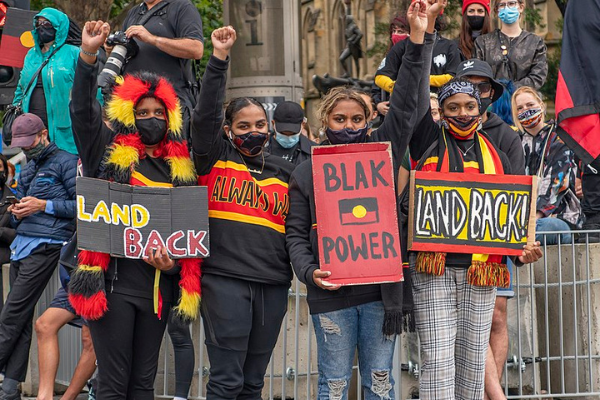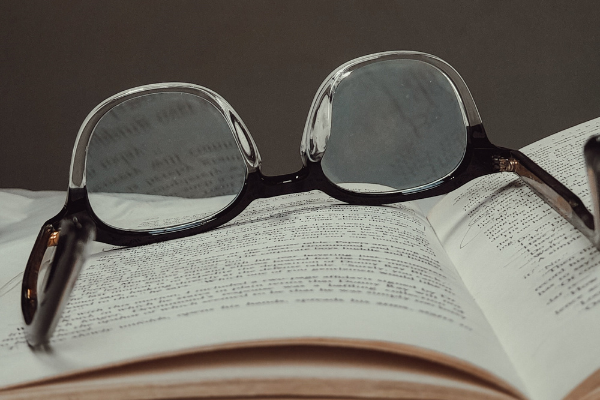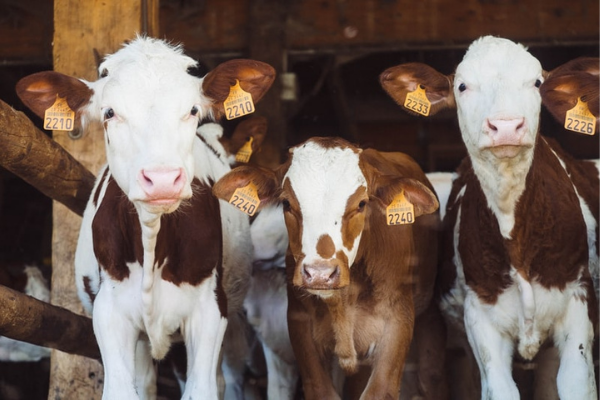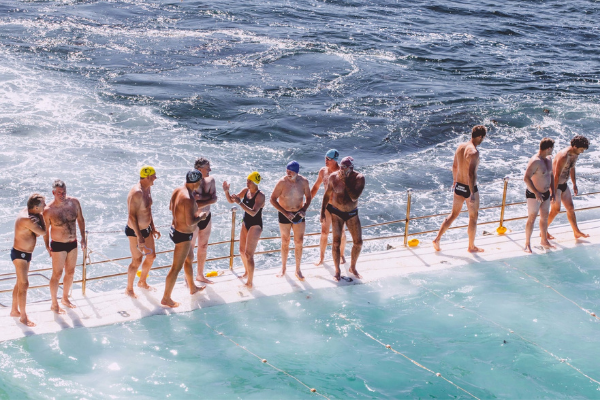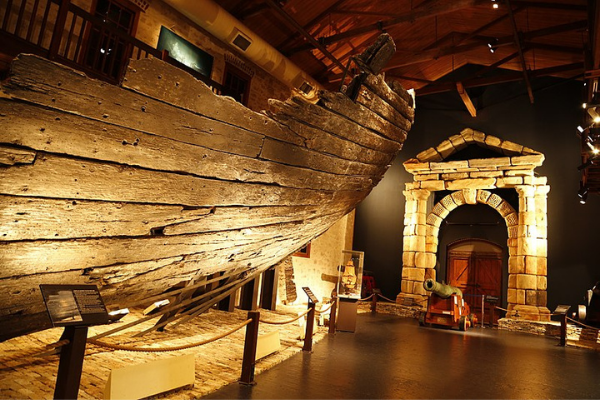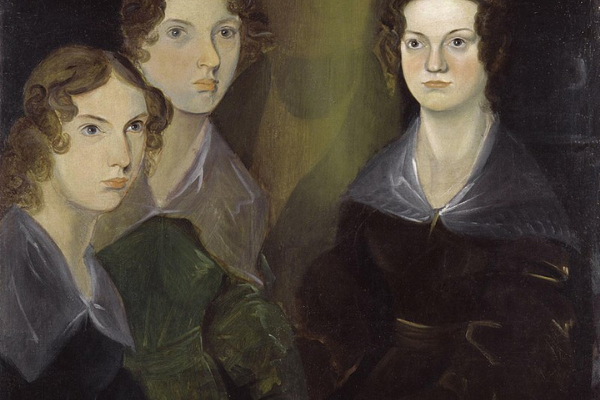Discovering Humanities
This series is a celebration of humanities research and discovery. Born out of our 50th anniversary in 2019, it covers just a small fraction of the many advances within the humanities since the Academy was first founded.
We’ve called it Discovering Humanities because words like ‘discover’ and ‘discovery’, like no other terms, convey the excitement of new findings, new ideas, new views of the world. Discoveries in the humanities take many forms; from those that fundamentally recalibrate our understanding of the world to others that are more a process of accumulation over time leading in the end to a new view of society. Despite their differences, all are full of the excitement of uncovering something new.
This series is not a list of the most important research in the humanities over the last 50 years. Rather, it is an attempt to present a range of discoveries across all the areas of the humanities showing something of the rich contribution the humanities have made to Australia and the wider world. Learn more about the series’ background from the Editor.
In Homer’s time, epic poems like the Iliad were composed and performed, not written down. So how exactly did oral poets remember all those lines, and why do these poems have such enduring appeal? Australian classicist Elizabeth Minchin’s work in cognitive psychology and linguistics may hold some answers.
Take a bigger look at human history – no, bigger! The wide long lens of Big History exposes larger patterns and trends, starting all the way back at the Big Bang. It’s hoped this “story of everything” approach will unify us across cultures, and help address complex global problems into the future.
Eddie Mabo learnt that his family’s ownership of ancestral land on Mer Island, in the Torres Strait, was not recognised by Australian law over a sandwich on a university bench in the 1970s. Find out how this conversation eventually led to the High Court’s historic recognition of Indigenous native title in the 1992 Mabo decision.
Australian-written texts – like the 1882 serialised ‘Robbery Under Arms’ – were often compiled and published in London, where editors abridged and tampered the texts to suit British tastes. Dive deep into the research and analysis by academics around the country to reconstitute the first true-to-the-author versions of some of Australia’s greatest literary works.
As we face an era of monumental challenges around declining biodiversity and climate change, meet the scholars who first proposed a new environmental ethics for the Western world.
Did you know Australian English has its own vocabulary, grammatical rules and pronunciation that distinguish it from the original British version? Of course you did! But it took a long time to get it formally recognised as a variety of World English.
Find out how Australia became a global leader in marine archaeology thanks to the bloody mutiny on the ‘Batavia’ centuries ago. Analysis of the wreck and skeletons has yielded insights into the lives and gruesome deaths of the sailors, soldiers and civilians aboard.
Discover one scholar’s quest to track down lost Bronte works across auction houses, libraries and private collections.
Australia’s creative economy is far larger and more dynamic than previously thought, and knowing the full extent and rate of growth may help guide recovery after Covid-19.
About the series
Stories in this series were chosen from nominations by Fellows of the Academy and recipients of its various awards. They have been commissioned and produced under the overall guidance of Academy Fellow and Editor, Emeritus Professor Graham Tulloch and have been brought to life by the hard work of Walkley Award-winning journalist Kathy Marks, author and researcher Dr Saskia Beudel, and the Academy’s Communication and Awards Coordinator Elizabeth Bradtke.
The development of this series was supported by the Copyright Agency’s Cultural Fund.


